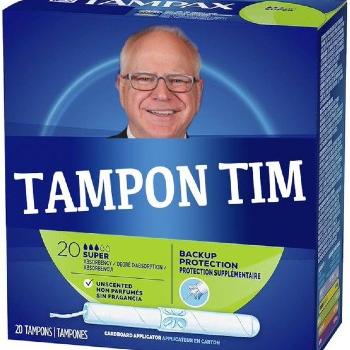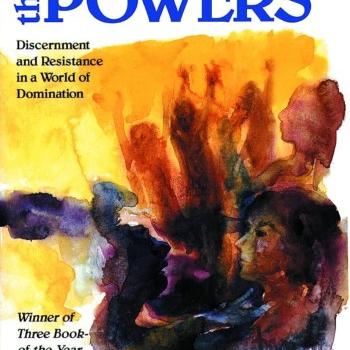That photo is by Dean J. Koepfler of The News Tribune of Tacoma, Wash. Their caption for it reads:
With his son Steve at his side, Doug Donery breaks down following a Pierce County Council meeting about the impending closure of his mobile home park.
Doug Donery, 60, is disabled. His wife Pattie “is recovering from two heart attacks and has a brain tumor.” They have one year to move, Scott Fontaine reports:
Their manufactured home is likely unmovable, and they don’t have enough money to start over again.
The residents of Country Aire, a quiet, leafy plot on Meridian Avenue across from Pierce County Airport, are scrambling to adjust after receiving the eviction notice. For many, the closure leads to financial nightmares, leaving the neighborhood they’ve long considered home and uprooting a tight-knit community.
The land on which Country Aire sits and two adjacent lots will be developed into a shopping center, said Michael Luis, a consultant hired by the developers to assist residents with relocation. The Home Depot will be the anchor store — four miles south of another one of the big-box hardware store’s locations near South Hill Mall.
Country Aire is the latest in a string of mobile-home parks to close statewide. More than 52 parks have closed or are scheduled to close since the beginning of 2006 — a loss of more than 2,000 spots, according to the State Department of Community, Trade and Economic Development’s Office of Manufactured Housing.
This is happening everywhere. People like the Donerys own their own home, but not the land it sits on. When the landowners have the opportunity to make a bigger profit from some other use of that land, the Donerys and the hundreds of thousands of others like them, are forced to move. Their houses, in most cases, either cannot be moved or cannot be moved for a price they can afford.
About 22 million Americans live in nearly 10 million manufactured homes. That’s a huge portion of the low-income housing in this country. I haven’t tracked down the figures on this, but a large proportion of those 22 million residents seem to be in the same situation as the soon-to-be-former residents of Country Aire — they own the home, but not the land beneath it.
The economics of these arrangements are straightforward. If you own both the home and the land it sits on (or if the land is part of a land trust) it tends to appreciate in value just like other homes. If you own the home, but not the land, then it depreciates — like a vehicle.
Resident-owned communities, therefore, not only shield manufactured-home owners like the Donerys from potentially devastating dislocation and from runaway rent increases, they are also a way of helping low-income families build equity.
New Hampshire-based ROC USA is an excellent resource for lawmakers in Washington, Delaware, California, Arizona, Florida … wherever, looking for ways to protect and support manufactured-home owners by helping make resident-ownership of the land more legally and financially viable. They’ve got some kind of major, national expansion planned for their efforts in May and I’m eager to see what that will mean.
Until then, that link — www.rocusa.org — is a fine thing to pass along to members of your state legislature.
I realize this is kind of an oddball hobby horse of mine. No, I don’t live in a manufactured-home community. Nor does anyone close to me. But this issue drives scores of letters to the editor at the paper where I work. Those letters come from real people who, like Doug Donery, are powerless and at the end of their rope.
See that photo? Hence the hobby horse.

















